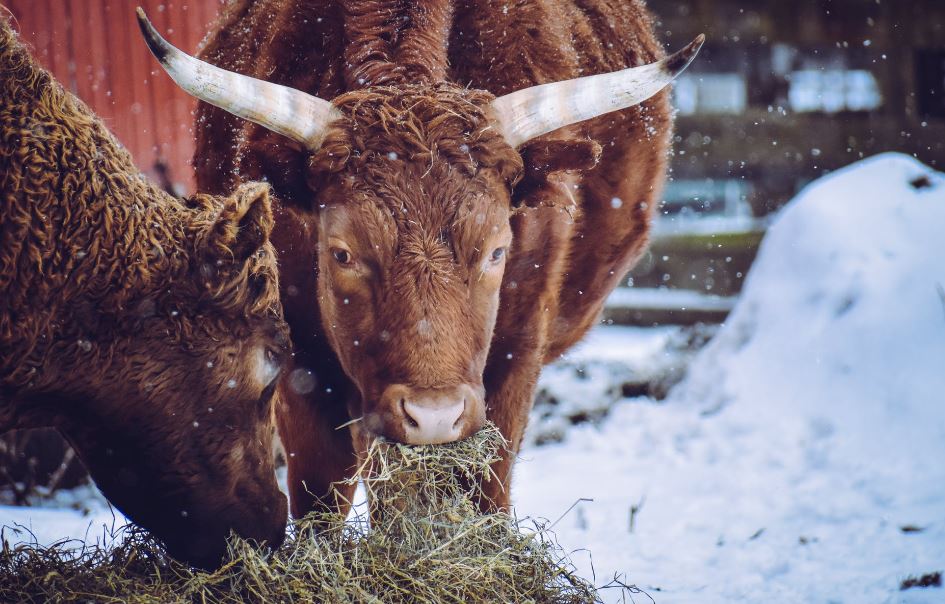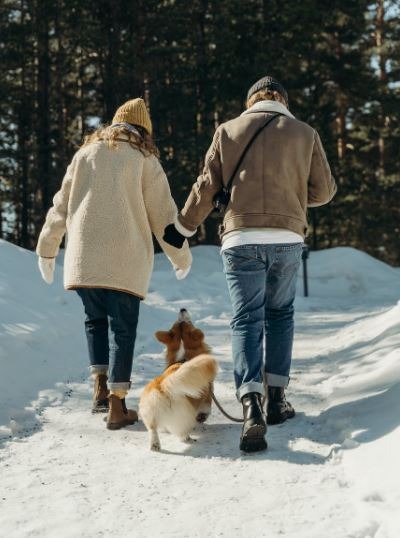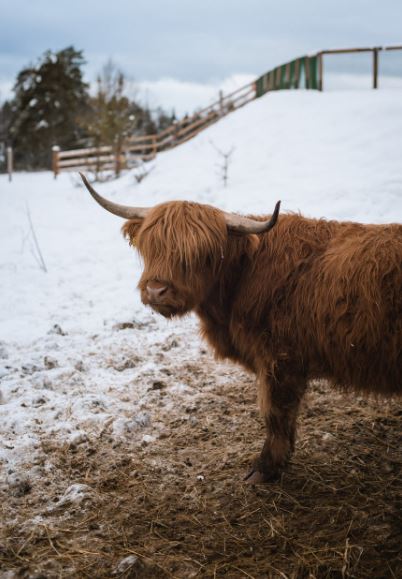This post is a continuous part of the series that discusses the different winter preparations you need to do around your house. In this post, you will learn how to care for your animals during the harsh winter season.
Cold weather is not only about dusting off your warm clothes after you take them out of the storage or arranging for your fireplace fuel to keep your house warm. It is also about caring for your animals, including your pets and livestock, if any.
While you attune your lives ahead of time following the cold weather predictions from the local met department, it is time to buckle up your animals so that they remain warm. Since your pets and livestock depend on you for their food and water, you must take appropriate measures to keep them warm and cozy.
One of the major concerns of the livestock owners is to provide a constant supply of water for the animals to drink. This and numerous other issues surrounding animal care during winter are discussed below. So, keep reading on.
Nature’s Protection
Most animals have adequate protection during inclement weather as they are well-adapted to spending time outside in the wild or farms. Also, it is unhealthy for some animals (for instance, cattle) to be locked up inside for a long time, even during winter.
No matter how much you want to protect them from the harsh winds and cold, you cannot keep them in for a long time as all the moisture inside a locked barn might increase the transmission of bacteria and viruses. They need fresh air to keep their bodies healthy. Also, it does not imply that you leave them to be and do not care for them. Consider the following points to care for various animals during winter:
Caring for Dogs during winter
Even the outdoor dogs need to come inside during harsh winter. You can set up a warm place for them in the garage by getting a comfortable, warm winter cushion cave. This setup can help make your dog feel warm after being outside for a long time.
Moreover, it is important to protect your dog from abrupt body temperature changes. Frequent abrupt changes mess up their health, and they can fall ill easily. The best advice regarding this is not to keep them out the whole time during the day and bring them inside for nighttime only. You have to provide them with warm and dry bedding to adjust their body temperature.
Before leaving your dog outside for a long time in cold weather, ensure that the dog’s shelter is dry and well-insulated. You can stuff it with wood shavings, straw, or a couple of warm blankets. Since your dog will take repeated trips from outside to inside, it is best to use a waterproof pet pad to line their crate or tent.
For the outside shelter, make sure to position the shelter opposite the snow and wind direction. Also, you must use an elevated stand to keep their food off the ground and dry. Ensure an uninterrupted supply of water for your dog. Outdoor dogs spend a significant chunk of their body energy saving themselves from the harsh weather. Therefore, they require more calories.
If you want to know how to grow plants and vegetables in winter, click here.
It is also best to clean your dog’s paws and dry them off before bringing them inside from snow. Look out for any snowball that might be clinging in between their toes so that they are completely dry. It will help you keep their inside tents or kennels dry.
If you have to make a quick run to the store, leave your dog at home so that it does not have to stay inside a cold vehicle waiting.
Caring for Cats during winter
The instructions for caring for your cats are almost the same as for the dogs. You have to bring them in with proper care and precaution. You have to make sure that their bedding is dry, so change it frequently. Moreover, wipe their paws off before bringing them in so that their seat remain dry. You can use CleanHouse Pets Cat Litter Mat as it is non-slip and easy to clean.
You can set up a tiny mudroom in the garage for your furry little friends if you have an attached garage. In there, you can keep all the pet cleaning supplies and bring your pets in through the garage so that their body temperatures are adjusted before you let them in your well-heated house.
Caring for Horses and Livestock
You can obviously not bring your horses and livestock inside your house during harsh winter. Therefore, you must prepare the barn accordingly. Ensure proper insulation of the barn by covering it with windbreak material. You also have to have heaps of straw, warm covers, and blankets so that the animals are safe inside the barn.
An abundant supply of unfrozen water is also very crucial for the animals. Ice can substitute for animals’ water intake; however, since it is mostly air, animals need to eat large amounts of snow to keep themselves hydrated.
Ensure to cover the whole ground of the barn with thick layers of straw and wood shavings so that the animals are off the ground and remain dry. Another important consideration is positioning the barn door away from where the wind blows. You can store large amounts of ice and melt it over the fire to keep up with an adequate water supply for the animals.
Also, it is imperative to pay attention to the livestock’s feed as they need increased protein intake. You have to adjust the feed and maintain its high quality for the health of your animals. Lastly, it is vital to have a thermometer in the barn or wherever you decide to keep your animals to keep an eye on the temperature.
Following are some more tips for caring for animals during the winter:
- Make sure that your animals have ample food and water. If your animals are outside, you’ll want to bring their food inside before the temperature drops below freezing. An added bonus is that if you bring the food into your house, it’ll be easier to monitor how much they’re eating, which will help you avoid overfeeding them.
- For birds: Bring in any bird feeders that are outdoors. Birds need winter fuel as much as you do! If they can’t find food outside, they’ll be more likely to come inside and make themselves at home in your attic or walls.
- Bring in any outdoor birdbaths. Again, this will reduce the number of birds looking for shelter indoors where they may become trapped or cause property damage in search of food or water.
- For ducks: Cover the duck house with a thick layer of ice on top of your pond; there’s no way your ducks will be able to get in and out of their houses. To prevent this from happening, simply take some old tarp and cover the top of the duck house. This will provide a nice blanket of insulation for your birds, helping them stay warm in the snow.
- If there is snow on the ground, clean it away from the entranceway of your house so that no animals are able to burrow under.
Animal Care during winter
Harsh winter brings along more cuddling in warm blankets in front of the fireplaces. Therefore, it is essential to have a secure plan to prevent your animals from the cold. Prepare their tents or barn with extra straw and warm blankets while also ensuring that the quality of their feed is not compromised.
We hope this post helps you learn more about keeping your animals healthy and ready for the winter.



